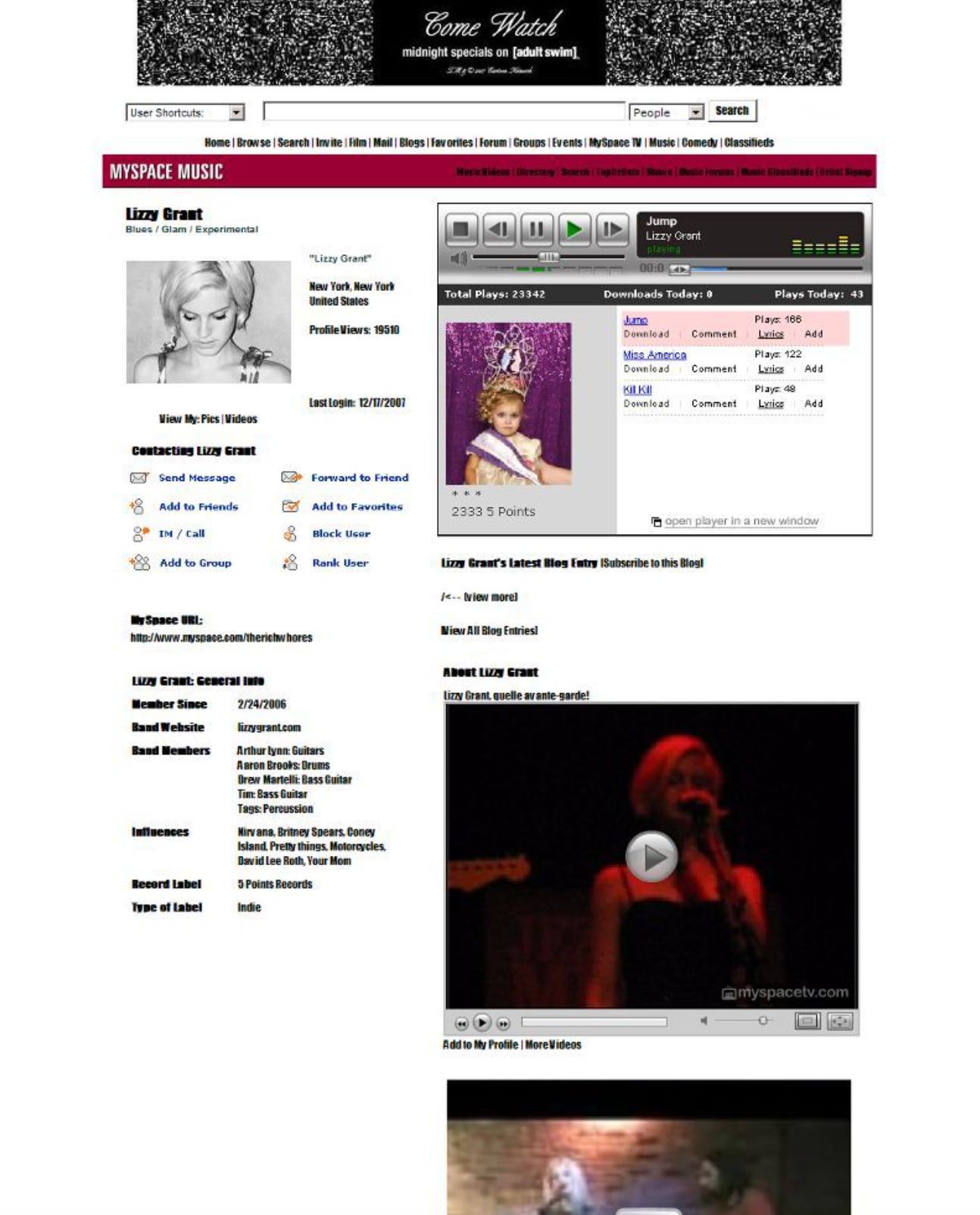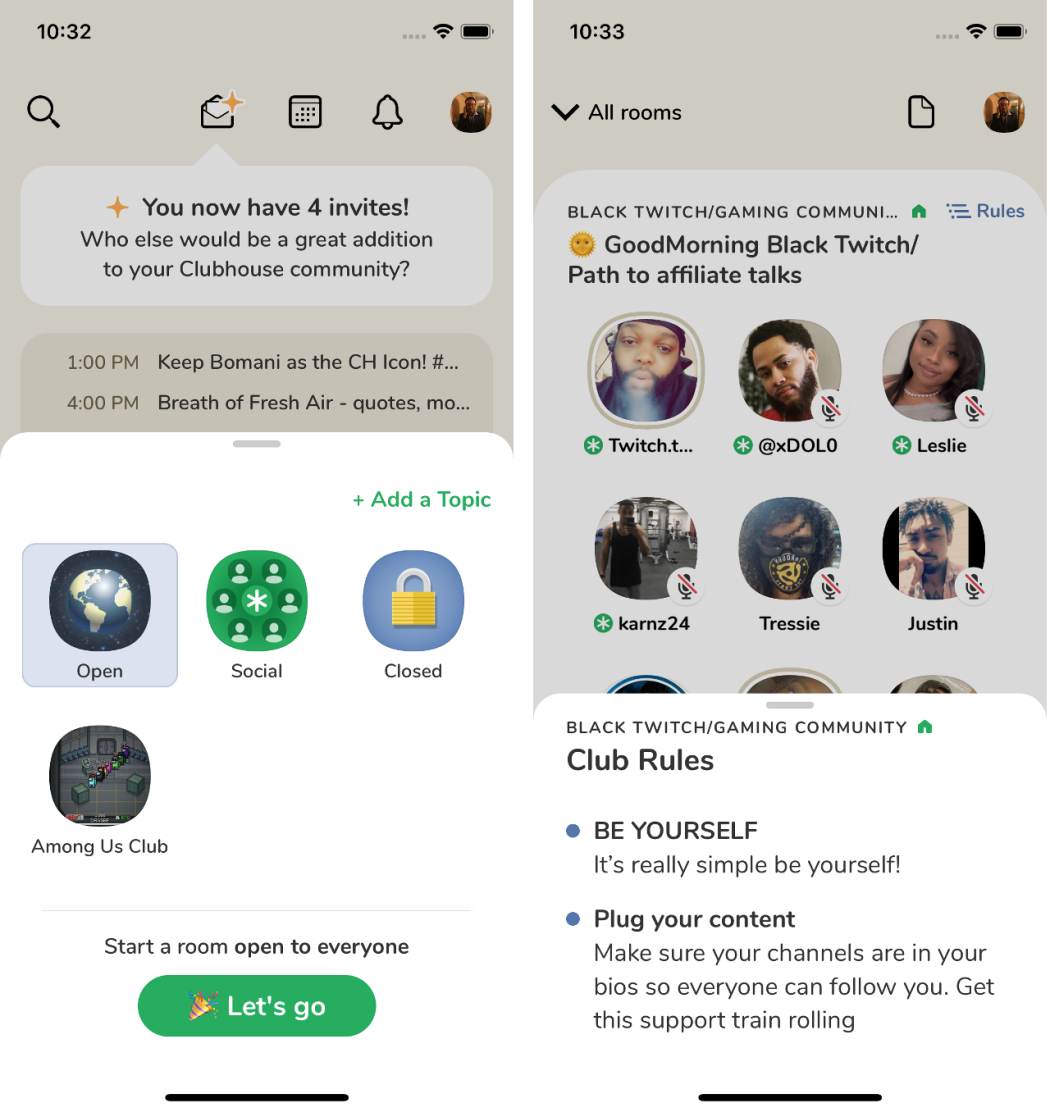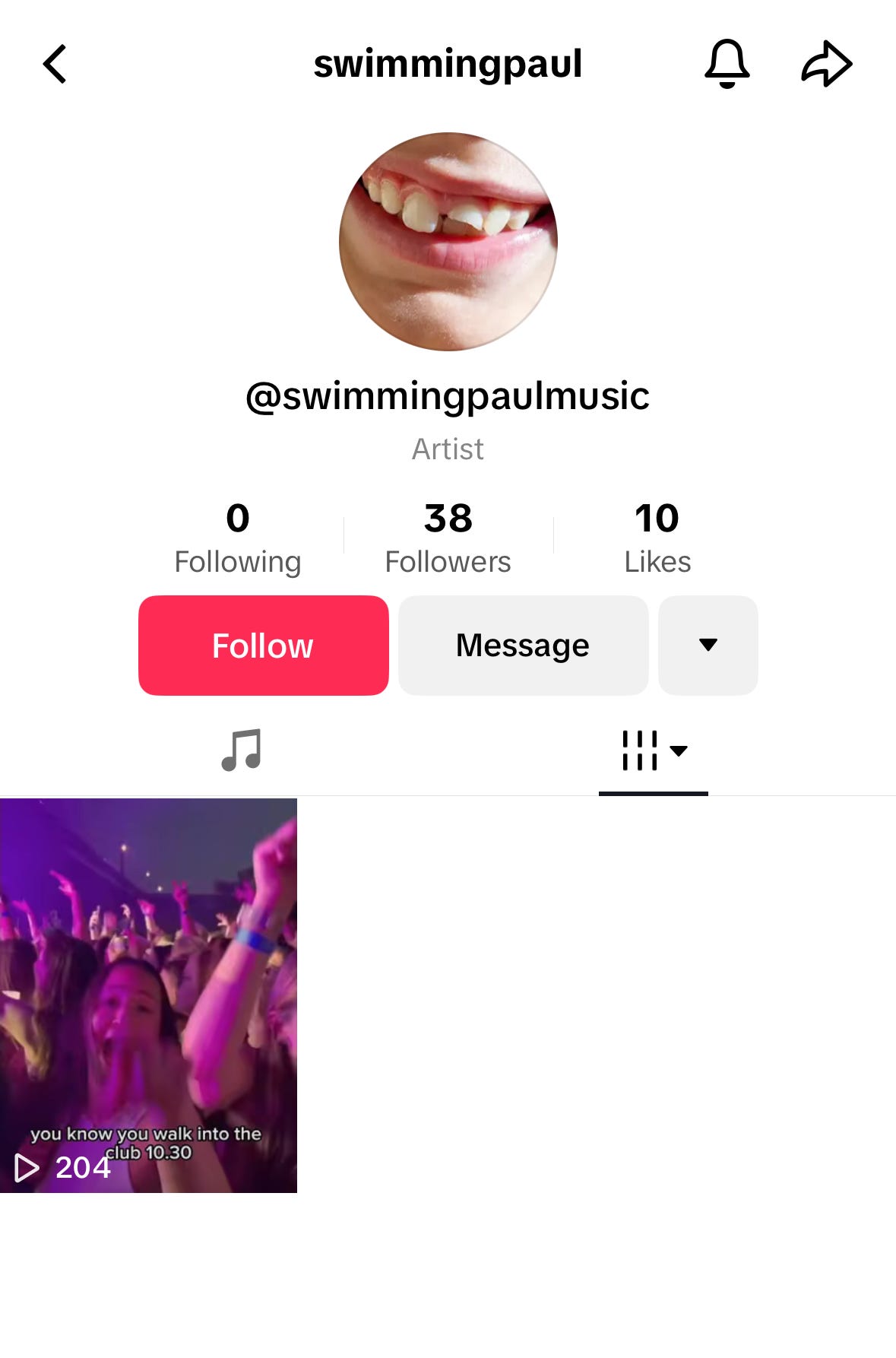For years, TikTok has been the launchpad for viral artists and overnight success. It’s all fun and games until we look back at the history of cultural evolution and see a familiar pattern: the rise, saturation, and eventual decline of the most mainstream trends. MySpace gave way to Facebook, which was later overshadowed by Instagram. Streaming services like Spotify pushed aside the CD format while Netflix buried the video rental empire — the list goes on and on. TikTok, in its turn, might soon join the ranks of trends eclipsed by something newer — or perhaps, something older.
THE ANATOMY OF A TREND’S PEAK
Trends have a lifecycle that’s easy to recognize. They start with a bang, they grab attention and skyrocket careers. At their peak, they seem unstoppable, often shaping a significant part of the culture. But as they saturate the mainstream, they begin to lose their shine. People grow tired, and the search for something fresh inevitably begins.
This pattern can be seen almost everywhere. In fashion, the sleek minimalism of one decade often gives way to bold maximalism in the next, as people grow tired of sameness. In technology, each new platform or device that grabs the public’s attention is quickly overtaken by something faster or innovative.
It’s not just about boredom, it’s about identity. Trends become a kind of shorthand for the culture of the moment, and as one generation claims them, the next is motivated to reject them. Teenagers don’t want to wear the same clothes their parents loved or listen to the music their older siblings did. This push for reinvention, combined with the natural cycle of saturation and decline, ensures that no trend, no matter how powerful, lasts forever.
TIKTOK TIPPING POINT
TikTok has undoubtedly played a significant role in starting the careers of many artists. Yet, signs are popping up that its dominance may be fading away. Among the most compelling acts a curious trend is being shaped — they often avoid TikTok at all, seeing it not as a meaningful tool for connection but as a never-ending cycle of trends that do little to build a lasting legacy. For these artists, I’m sure the platform feels more like a trap than a stepping stone.
This fragility is becoming harder to ignore. Viral success on TikTok rarely translates to sustainable careers. A familiar pattern is seen in the streaming stats of many TikTok-famous artists: one runaway hit followed by a sharp decline into nothingness. Fans cared about the 20-second snippet, not the artist behind it. Labels, initially blinded by the platform’s reach, are now facing the reality that chasing short-lived virality doesn’t create the loyal fanbases needed to sustain long-term careers. In fact, it seems that even major labels are beginning to cut ties with TikTok-driven artists they have been hunting so hard this entire time, despite what might appear to be promising metrics. If we do a simple math we will reveal the harsh reality: majors are most likely to be losing a lot of money on these acts. (What happened to the major deal, Simon?)
Even for those trying to translate their TikTok success into super fans and ticket sales, the cracks show. Tour promoters or venues simply don’t care how many thousands of followers you have on the platform; they care about track records — previous shows, ticket sales, actual fans that you can see and track down. For those who found fame through viral sounds, the lack of a real-world foundation often becomes a huge issue when they attempt to go on tour. Without a history of live performances to point to, they struggle to secure bookings, leaving their stardom confined to that one app.
THE ALTERNATIVE
In contrast, the live music scene is making a powerful comeback [entirely my humble opinion], driven by a growing desire for genuine, in-person experiences. As people grow tired of endless scrolling on social media, the raw energy of a live show is becoming the perfect escape. These performances aren’t just about music — they’re about connection, creating moments that feel communal and almost spiritual:
Interestingly, many artists with modest streaming numbers and little to no social media presence are thriving in today’s live music scene. They’re booked for shows every weekend, well-known to clubs and venues in their areas. Meanwhile, it’s ironic to see that artists with a TikTok virality often struggle to hit the road. Despite their online buzz, they aren’t building the kind of recognition or relationships with local promoters that actually fill venues. It’s a contrast that highlights where the real momentum in music is shifting: from digital fame to the power of live connection.
Does this mean TikTok is doomed? Definitely not going to happen tomorrow. The platform will remain a powerful tool for breaking artists in the short term. But its cultural monopoly is already eroding. Younger generations, as they always do, will seek new platforms and movements. Whether this means the rise of an entirely new app or a full-circle return to pre-digital forms of discovery — like live shows and word of mouth — remains to be seen.
What’s clear is that investing in talent, not trends, is daily proving to be a more sustainable strategy. Self-organized and intimate pop-up parties are emerging as the new gold standard for artists aiming to hit the road and get a booking deal soon. The fanatic algorithmic chase on TikTok cannot compete with the profound impact of a packed venue where the audience collectively loses itself in the music. How to make the first booking steps and what’s wrong with a lot of booking agencies and promoters is another sore point worth investigating but let’s talk about that later.







I can’t stand tiktok and i’m glad I deleted my account… because I felt my brain cells deteriorate more and more the longer I scrolled consuming content that was useless and not even enjoyable. It’s just, lets say, a cringeworthy environment saturated on trends and following the mainstream. Its like trying to sit at the popular clique’s table in high-school and getting ignored.